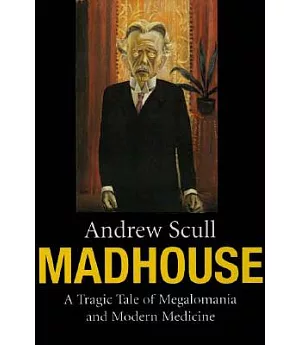Madhouse revealsa long-suppressed medical scandal, shocking in its brutality and sobering in its implications. It shows how a leading American psychiatrist of the early twentieth
century came to believe that mental illnesses were the product of chronic infections that poisoned the brain. Convinced that he had uncovered the single source of psychosis, Henry Cotton,
superintendent of the Trenton State Hospital, New Jersey, launched a ruthless campaign to “eliminate the perils of pus infection.” Teeth were pulled, tonsils excised, and stomachs, spleens,
colons, and uteruses were all sacrificed in the assault on “focal sepsis.”
Many patients did not survive Cotton’s surgeries; thousands more were left mangled and maimed. Cotton’s work was controversial, yet none of his colleagues questioned his experimental
practices. Subsequent historians and psychiatrists too have ignored the events that cast doubt on their favorite narratives of scientific and humanitarian progress.
In a remarkable feat of historical detective work, Andrew Scull exposes the full, frightening story of madness among the mad-doctors. Drawing on a wealth of documents and interviews, he
reconstructs in vivid detail a nightmarish, cautionary chapter in modern psychiatry when professionals failed to police themselves.





















